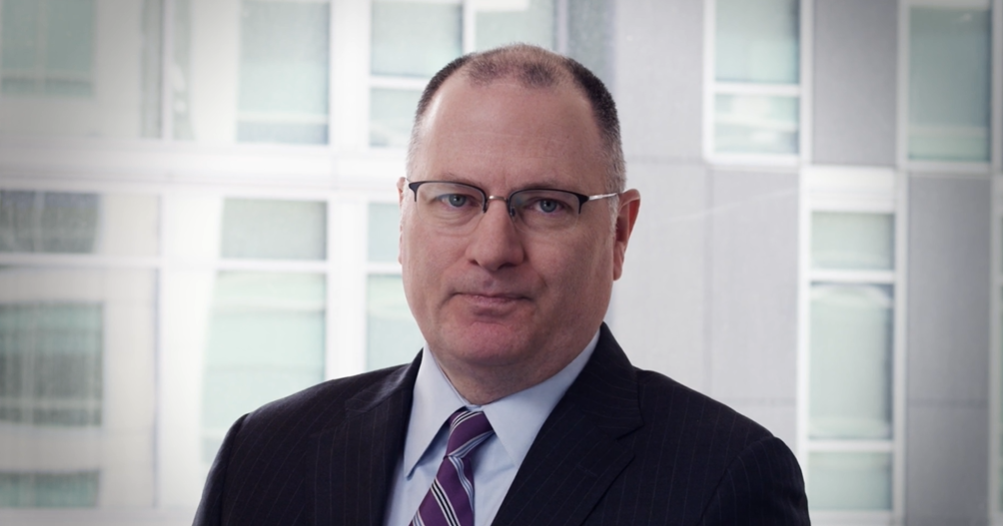Insurance Recovery Law Conflicts of Interest
This video addresses the ninth biggest mistake made by corporate policyholders: not understanding potential conflicts of interest when pursuing insurance claims. To call this a mistake made by corporate policyholders, however, is misleading. The reason why corporate policyholders misunderstand conflicts in insurance cases is because they are seldom provided with sufficient information to identify insurance recovery law conflicts of interests.
Panel Counsel Relationships with Insurance Carriers
The larger United States law firms offer a wide range of legal services to clients, and “one stop shopping,” for high quality lawyers at a selected firm often makes sense. It is not uncommon for a company to utilize one law firm for a variety of legal disciplines. And, if litigation ensues, it is a benefit to the company if the chosen law firm is also panel counsel for their insurance carrier. That way, the matter can be defended using a law firm the corporation trusts.
Potential Insurance Conflicts of Interest
This model, however, does not work with insurance recovery claims. Most large multi-practice law firms have conflicts when it comes to providing advice on insurance claims. Some directly represent insurance companies in transactional and litigation matters, and seek waivers to represent corporate policyholders whenever an opportunity to help a corporate policyholder arises. Most large law firms also serve as panel counsel. Law firms that rely on litigation typically want to be listed as panel counsel, as that permits them to represent policyholders in litigation, and get paid, at least in part, by insurance carriers.
In either the waiver or the panel counsel situation, insurance carriers ask for something from the law firms representing them. If defense counsel is asked to handle an insurance claim, policyholders should be aware of their limitations. For example, in exchange for being listed as panel counsel, law firms must agree to many things, which typically include, not filing bad faith lawsuits, not deposing executives at the insurance company, and providing the insurance company with a “heads up” before litigation is filed. The overriding view is that insurance companies will not tolerate law firms that turn against them. This which makes it difficult or impossible for any law firm with insurance company relationships to zealously represent the interests of a corporate policyholder client.
If your are in-house counsel tasked with handling an insurance claim, watch this video to better understand what kinds of questions should be asked to avoid insurance recovery law conflicts of interest.
We have included a transcript of the video below.
Insurance Recovery Law Conflicts of Interest
Another common mistake made by corporate policyholders is not understanding the conflict of interest that many law firms have that represent corporate policyholders in coverage work.
For example, a company is sued, they hire a law firm, they may have a long-standing relationship with the firm. Maybe it’s a large firm, with lots of different practice areas, hundreds of lawyers. They have a fabulous litigator, they handle the underlying product liability case. Down the hall is another lawyer who knows some insurance law. Has been involved at times on insurance cases. Again, there’s a very natural reaction of wanting to keep everything in one firm. Right? Very, very understandable.
There are two problems. One we had previously addressed in an earlier presentation which is lack of specialty. That other lawyer not really being a specialist in this area. Dabbling in this area at best. We talked about the problems associated with that.
The second issue, or second problem that could arise at many firms, not all, is a conflict of interest. Many large firms either represent directly insurance companies in different areas. Could be real estate transactions and tax matters, commercial litigation not involving policyholders, or policyholder claims. They have a relationship with insurance companies and therefore a conflict of interest because they get work directly from insurance companies. They get paid to represent insurance companies.
A conflict also arises where those law firms are what you call panel counsel. Some of the largest law firms in the country are on panel counsels. These are a basic list of law firms that have been pre-approved by some of the largest insurance companies in the world. AIG, Chubb, Travelers, Zurich, just to name a few.
They issue certain professional liability policies like directors and officers, that basically say if a company is sued, particularly in a case involving securities transactions or claims involving securities, the corporate policyholder must use one of the law firms that are listed on this pre-approved panel list.
Here’s the conflict. Those law firms get paid by the insurance company. They want to continue to get these cases referred to them. They want to continue to get hired to defend you in a security’s case or a product liability case. That law firm may also volunteer to do a coverage component of the case when you get a denial letter or reservation of rights letter.
That’s where the problem comes into play because that law firm has a conflict. It may not be direct. It may not be explicit, but it’s a conflict. What they may not tell you is, A, they have this conflict at all. B, in order to do this work and to be on a panel counsel, or be a panel counsel, they may make an agreement with one of these other insurance companies that, for example, they will not sue the insurance company for bad faith. They won’t even threaten to sue the company for bad faith.
Maybe they make an agreement advance that they won’t sue or subpoena for deposition an executive at insurance company. Maybe they make an agreement that before they file a coverage lawsuit on behalf of the corporate policyholder, they’re going to give advanced notice to the insurance company that a lawsuit is coming. Yet they don’t disclose this oftentimes to their corporate policyholder client.
It’s very, very important because if you have a firm that has this sort of dual representation, they are going to be inherently limited in how zealously they can pursue your claim and advocate on your behalf against the insurance company. What we recommend to our clients is, if you want to use that large law firm that’s doing your defense work to also help you on the coverage area as well, ask them if they do work for insurance companies.
Outside of the insurance coverage world. They do tax work, transactional work, some commercial litigation work. Ask them if they are panel counsel for some of these large insurance companies. If the answer is yes, for either one of those, it’s our opinion that a corporate policyholder should reassess whether that’s the best law firm to do both the defense work as well as the coverage part of the claim in the same litigation.
This is where Miller Friel comes in. A firm that specializes in insurance law that only represents corporate policyholders exclusively. That’s the difference in terms of providing the best, most zealous, most aggressive representation of clients pursuing insurance claims.



